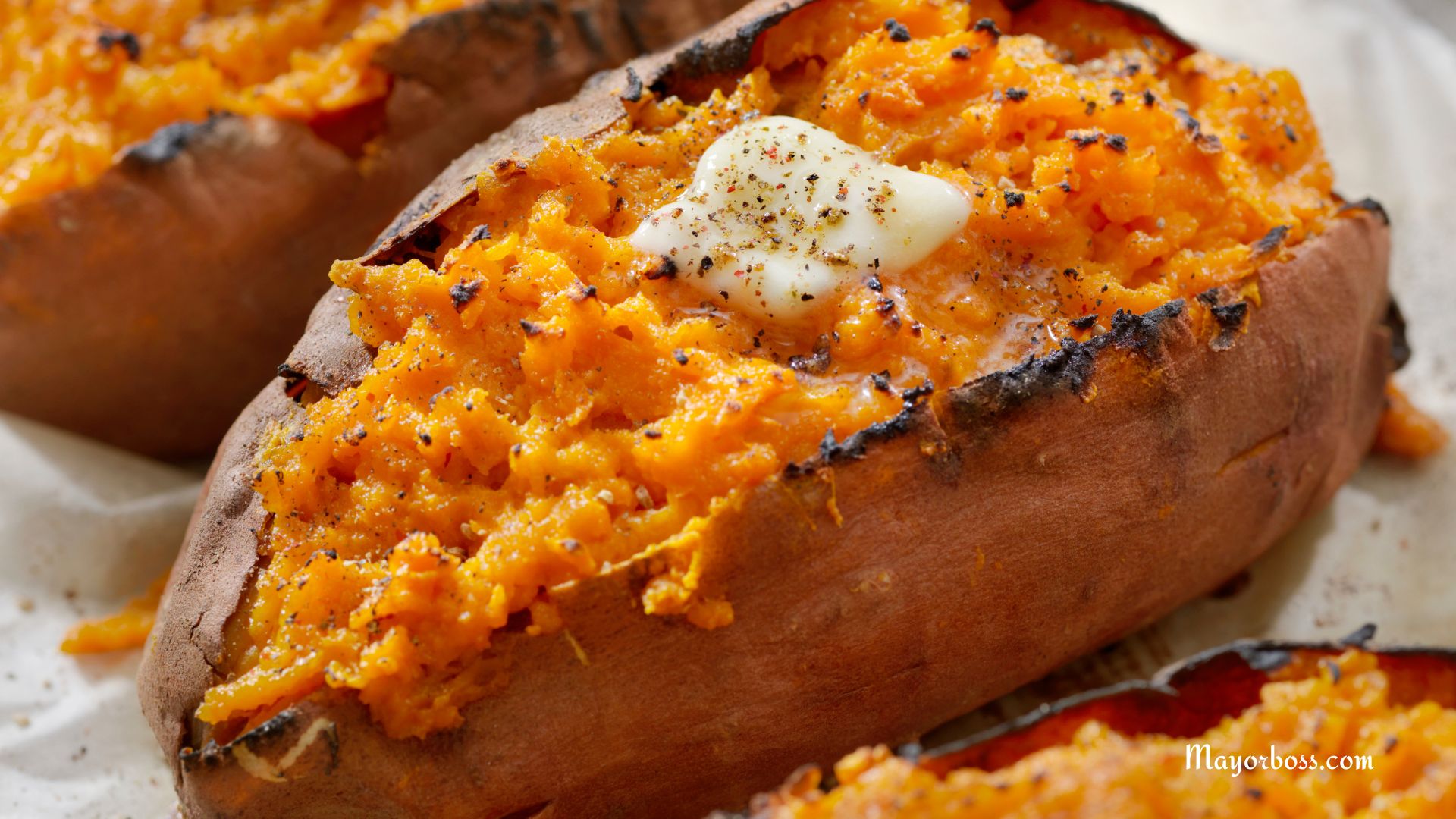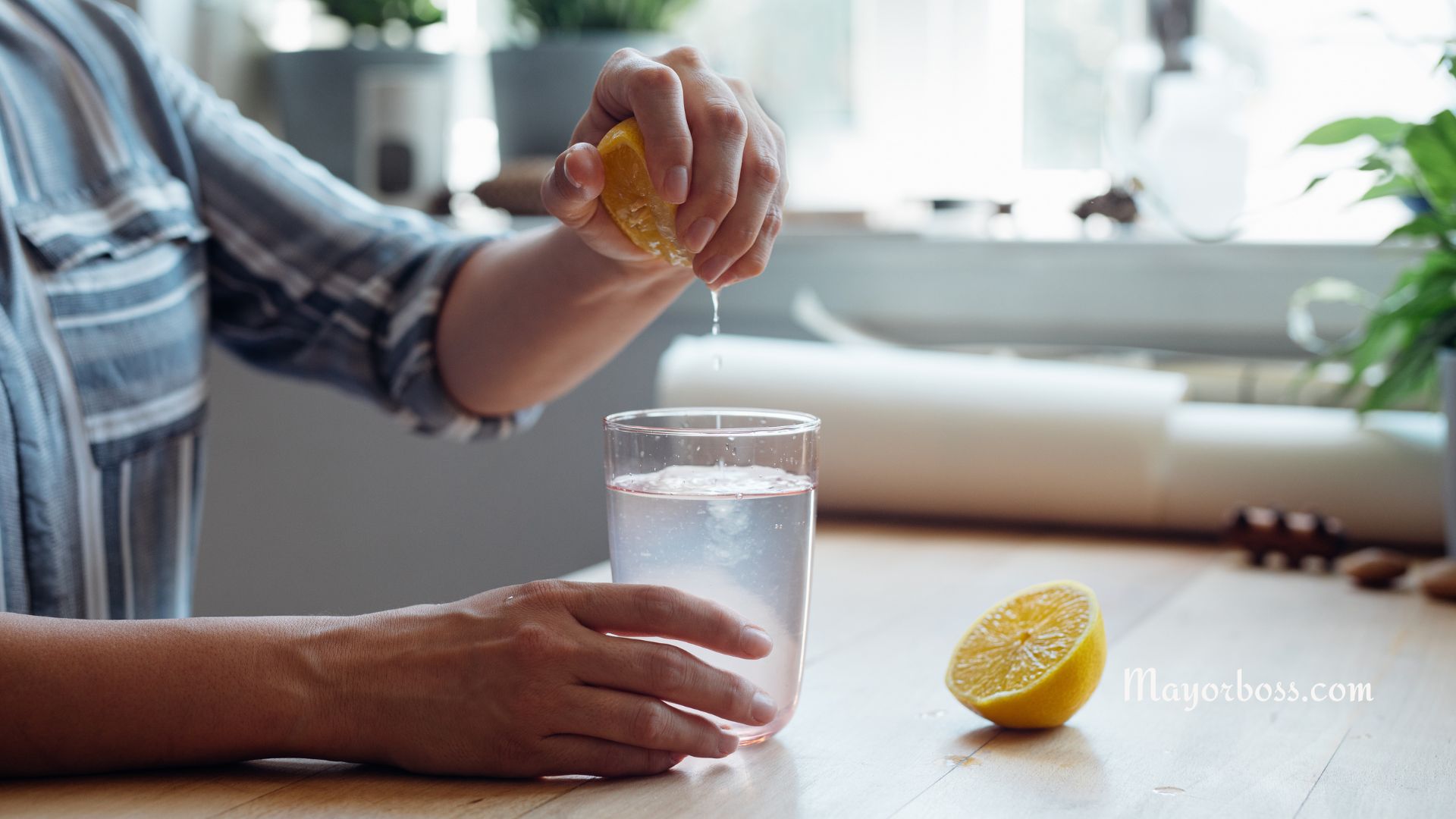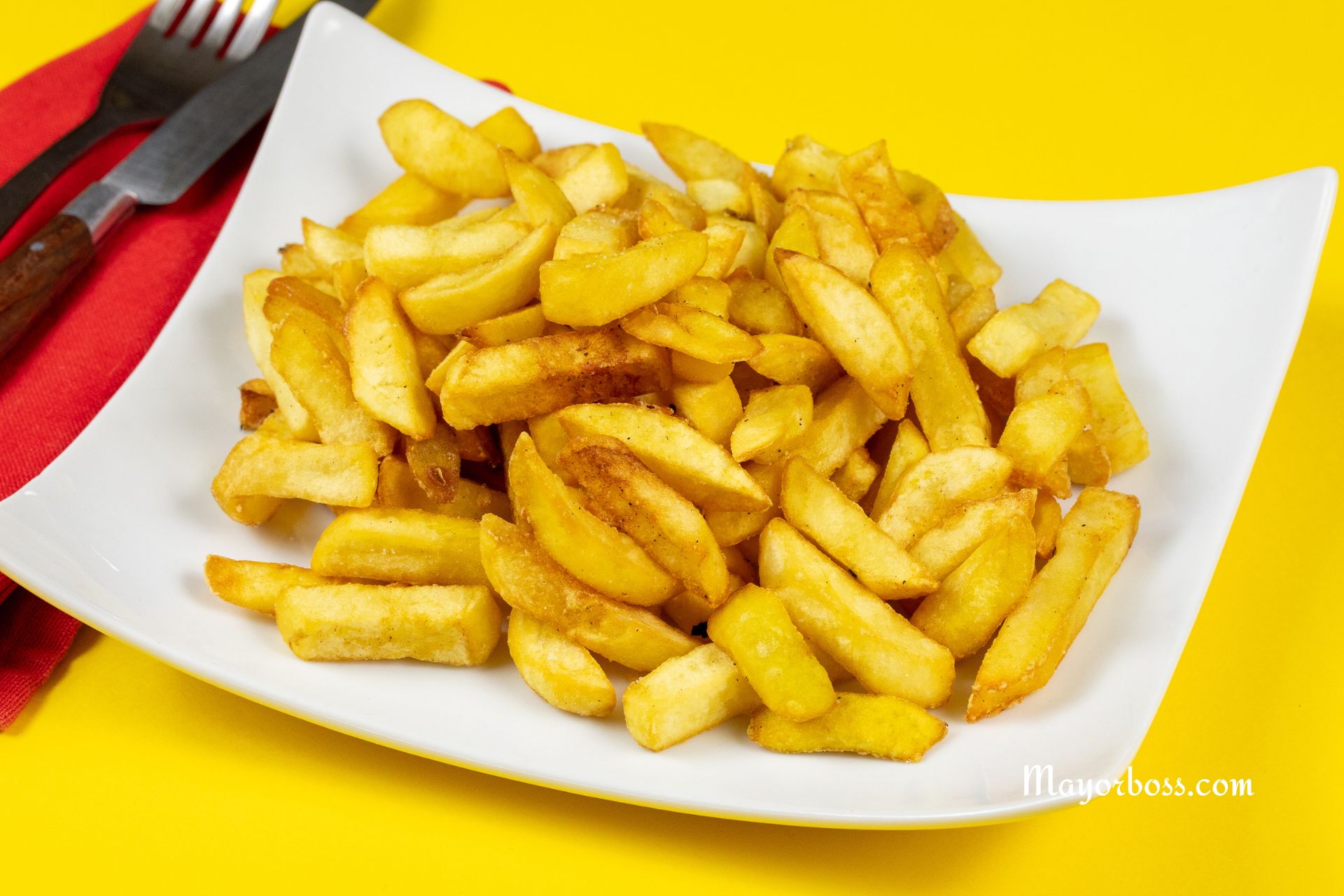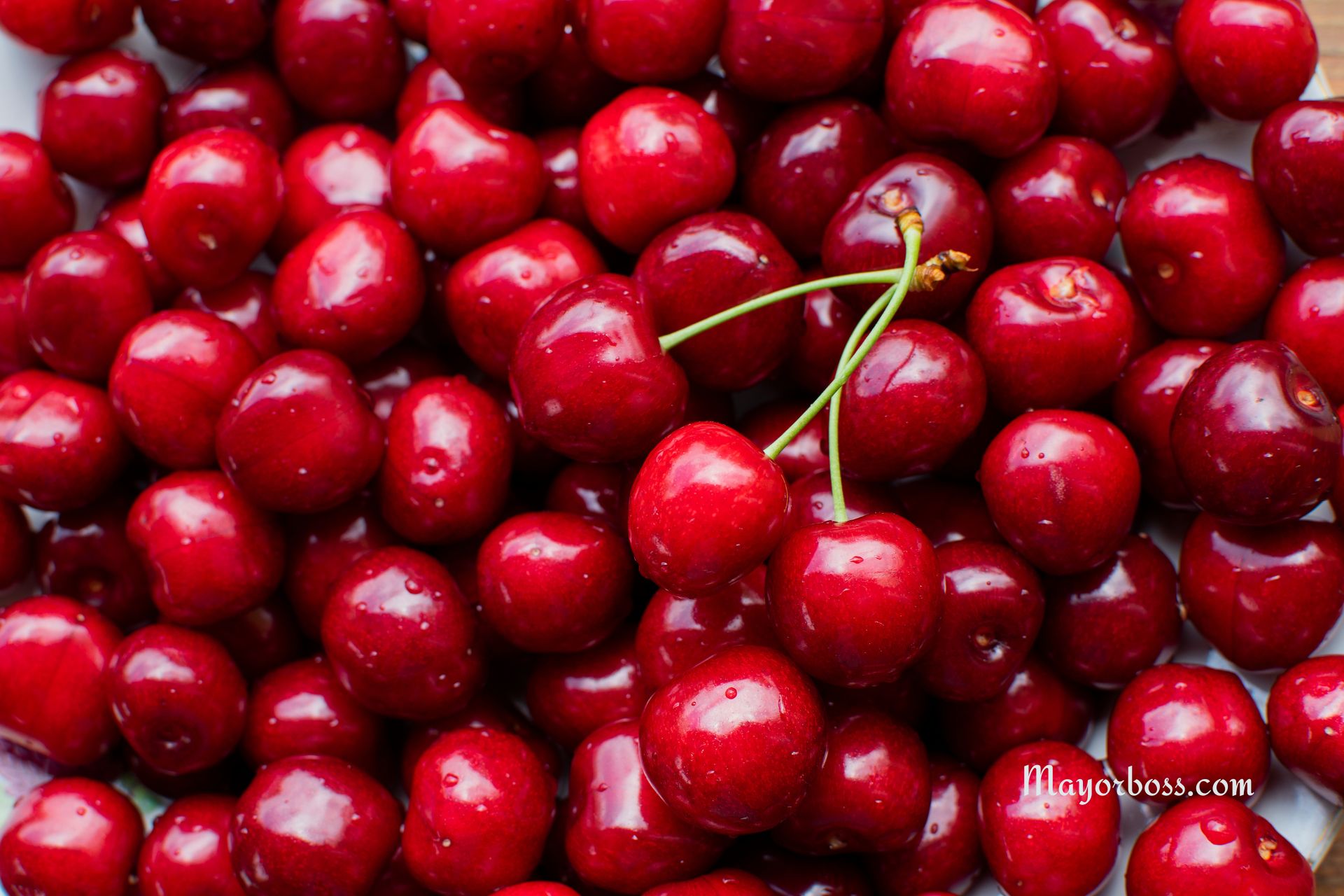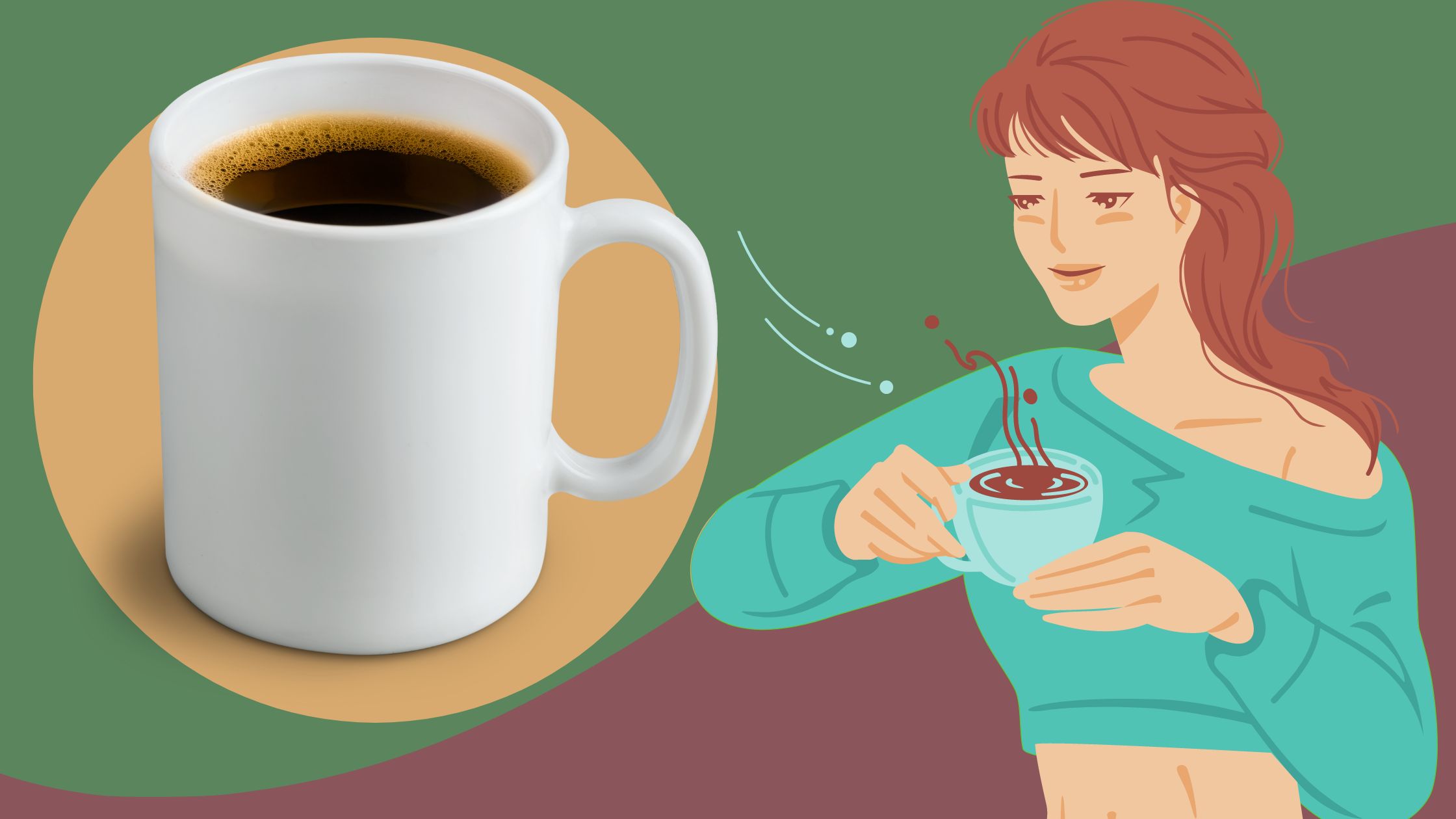9 Natural Ways to Lower Blood Pressure
Living a healthy lifestyle is the best way to keep your blood pressure in check.
High blood pressure, also known as hypertension, is a common condition that affects most adults at some point in their lives. While there are medications that can help to control blood pressure, there are also several natural methods that can be used to lower it. Here are nine natural ways to lower blood pressure:
1. Get plenty of rest
A major contributor to high blood pressure is stress. When you’re constantly feeling under pressure, your body goes into fight-or-flight mode, which causes your heart rate and blood pressure to rise. Therefore, to avoid this, make sure to get enough rest every day. Taking breaks throughout the day, spending time outdoors in nature, and practicing meditation or mindfulness can all help to reduce stress levels and lower blood pressure.
2. Adopt a healthy diet
Eating healthy foods helps to lower blood pressure by keeping your cholesterol and triglyceride levels in check. Foods that are rich in potassium, magnesium, and fiber can all help to reduce blood pressure. Aim to include plenty of fruits, vegetables, whole grains, and lean protein in your diet. Reducing your intake of salt, sugar, and saturated fat can also help to lower blood pressure.

Eat more potassium-rich foods
Potassium helps to counterbalance the effects of sodium in your diet and can help to lower blood pressure. Good sources of potassium include fruits and vegetables like bananas, sweet potatoes, tomatoes, avocados, and leafy greens.
Cut back on saturated fats
Saturated fats are found in animal products like butter, cheese, and red meat. They can also be found in vegetable oils like palm oil and coconut oil. These fats can contribute to high cholesterol levels, which can, in turn, lead to higher blood pressure. To cut back on saturated fats, choose leaner cuts of meat, opt for low-fat dairy products, and cook with olive oil instead of using vegetable oils high in saturated fats.
Get more magnesium
Magnesium is an important mineral for maintaining normal blood pressure levels. Unfortunately, studies show that up to 80% of Americans are deficient in this vital nutrient. You can increase your magnesium levels by eating magnesium-rich foods like dark leafy greens, nuts and seeds, beans, avocados, and fatty fish like salmon and mackerel. You can also take a magnesium supplement if you need a little extra boost.
Reduce your salt intake
One of the simplest ways to lower your blood pressure is to cut back on your salt intake. Most Americans consume about 3400 mg of salt per day, which is more than the 2300 mg recommended by the CDC.
Reducing your salt intake can be as simple as:
- swapping out salty processed foods for fresh fruits and vegetables
- reduce the amount of salt you use when cooking
- using alternatives to salt like herbs and spices
3. Get regular exercise
Exercise is one of the most effective ways to lower blood pressure naturally. Just 30 minutes of moderate exercise per day can help to reduce blood pressure by up to 10 mmHg. Regular physical activity also helps to improve heart health, reduces stress levels, and helps you maintain a healthy weight. All of these things help to lower blood pressure. Examples of moderate exercise include walking, swimming, biking, or light weightlifting.

4. Quit smoking
Cigarette smoking is a major risk factor for high blood pressure. Quitting smoking not only lowers your risk of developing hypertension. But can also help to reduce your current blood pressure if you already have it. If you need help quitting smoking, there are many resources available, including counseling, medication, and support groups.
ALSO READ: How to Quit Smoking in 5 Easy Steps
5. Limit your alcohol intake
Drinking too much alcohol can raise your blood pressure levels sharply, especially if you drink regularly or heavily over long periods. If you drink alcohol, it’s important to do so in moderation. The American Heart Association recommends that men drink no more than two alcoholic beverages per day and women drink no more than 1 per day.

6. Drink more water
If you are dehydrated, it can lead to an increase in blood pressure. Make sure you drink enough water every day, especially if you sweat a lot from exercising or being outdoors in hot weather. The general recommendation is eight glasses of water per day, though you may need more or less depending on your individual needs.
7. Cut back on caffeine
If you’re a coffee lover like me, this one might be hard to hear. But too much caffeine can lead to an increase in blood pressure levels, at least temporarily. So if you want to keep your blood pressure levels low, limit yourself to one cup of coffee per day or switch to decaf coffee instead.
8. Get enough sleep
Sleep helps to reduce high blood pressure. The CDC recommends that adults get at least 7 hours of sleep per night. If you’re having trouble sleeping, try these few things to fall asleep faster:
- Cool down your bedroom by setting the temperature to 65 degrees Fahrenheit or lower
- establish a regular bedtime routine
- avoid caffeine, alcohol, and nicotine before bed.
- You may also want to explore natural sleep aids like chamomile tea, lavender tea, or essential oil.
ALSO READ: What To Do If You Can’t Sleep At Night
9. Lose weight if you’re overweight or obese
Excess weight puts strain on your heart and vessels, which can lead to high blood pressure. If you are overweight or obese, losing a small amount of weight can help lower your blood pressure. For example, losing just 5 percent of your total body weight can make a big difference.
ALSO READ: 7 Ways to Lose Weight Without Dieting
The Bottom Line
High blood pressure is a serious condition that puts millions of people at risk for heart disease and stroke. If you have high blood pressure, making lifestyle changes like eating a healthy diet, exercising regularly, and quitting smoking can help to lower your blood pressure and reduce your risk of developing heart disease. However, if you are struggling to control high blood pressure on your own, talk to your doctor about the effective medications available that can help to lower your blood pressure levels.

